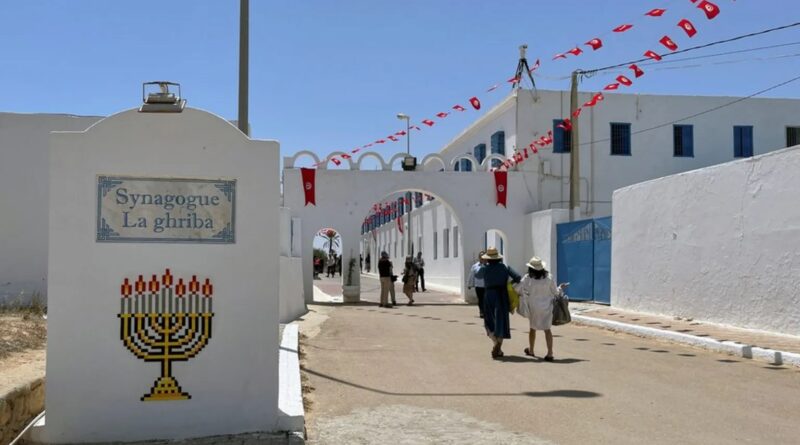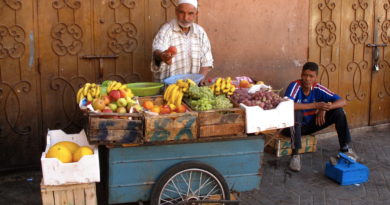Tunisians Cancel Jewish pilgrimage Celebrations
Tunisians Cancel Jewish pilgrimage Celebrations over the ongoing Gaza war and tensions in the region. The annual Jewish pilgrimage to Tunisia’s Djerba synagogue, typically a vibrant celebration drawing thousands of pilgrims, faces significant limitations this year due to security concerns heightened by the conflict in Gaza and previous attacks. Last year, Tunisia witnessed deadly shooting attack at tunisian synagogue.
Perez Trabelsi, head of the organising committee, informed Reuters on Friday that the pilgrimage has been scaled back to only include essential rituals within the temple itself. Trabelsi expressed concerns about celebrating amid ongoing violence, emphasizing the somber atmosphere resulting from the loss of lives in the region.
Limited pilgrimage
Traditionally, the pilgrimage to the Ghriba synagogue, Africa’s oldest, spans several days and involves elaborate festivities, attracting pilgrims from Israel, Europe, and beyond. However, this year’s pilgrimage, scheduled for May 24 to 26, is anticipated to witness a reduced turnout, with fewer visitors expected due to prevailing security apprehensions.
An organizer, speaking anonymously to AFP, confirmed that while the pilgrimage will proceed, activities will be confined to the synagogue premises as a precautionary measure. The focus will be on prayers and candle lighting within the temple, with organizers emphasizing heightened security protocols following last year’s deadly attack, during which five individuals were killed.
Last Year Incident
Last year’s tragic incident, which occurred during the resumption of the pilgrimage after a two-year hiatus due to the Covid-19 pandemic, underscored the need for increased security measures. Consequently, festivities such as the traditional open-air parade carrying the synagogue’s menorah will not take place this year.
The Ghriba pilgrimage holds profound significance within Jewish tradition in Tunisia, serving as a focal point for the country’s small Jewish community, primarily based on Djerba. While Tunisia’s Jewish population now numbers fewer than 1,500, historically, the community has deep roots in the region, with over 100,000 Jews residing in the country before independence in 1956.
Despite the challenges posed by security concerns, the pilgrimage remains an integral aspect of Tunisia’s cultural heritage and religious diversity. The event, marking the Lag BaOmer festival, symbolizes resilience and continuity within the Tunisian Jewish community, even amidst adversity.



